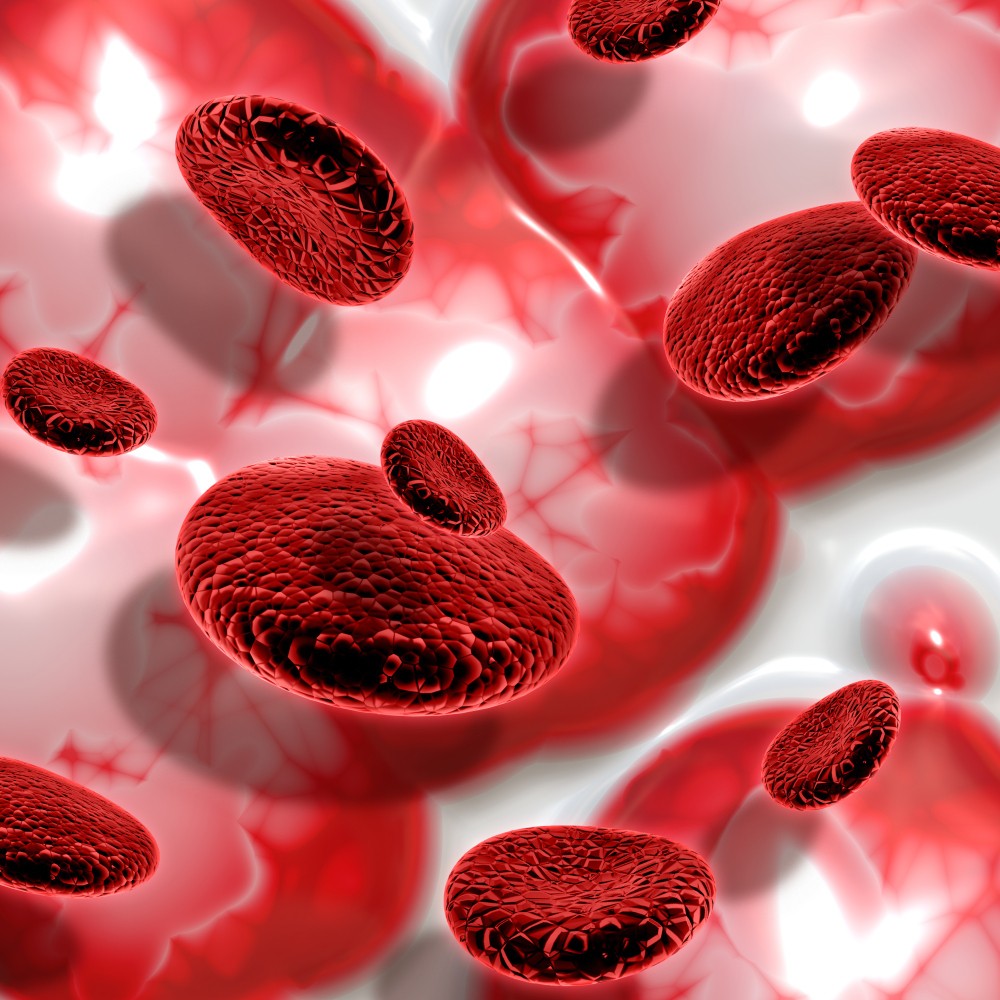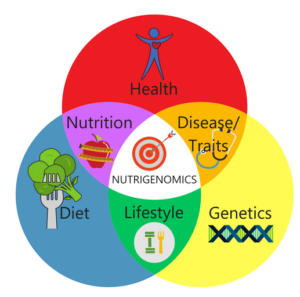Anemia
What is Anemia
Anaemia, is a prevalent blood disorder characterized by a deficiency in red blood cells or haemoglobin, leading to diminished oxygen transport to tissues and organs. Understanding its symptoms, causes, prevention strategies, and management is crucial for effective intervention. In this detailed guide, we delve into the multifaceted aspects of anaemia, supported by scientific research, to empower individuals with knowledge for optimal health.
Need to consult?
Quickly Book an Appointment.

Prevalence of Anemia in India: Insights from Research Studies
Anemia is a significant health concern in India, affecting a substantial portion of the population. According to studies:
- National Family Health Survey (NFHS) Data: The NFHS-4 (2015-16) reported that around 50% of Indian women aged 15-49 years are anemic, highlighting the widespread prevalence of this condition among reproductive-aged women. Additionally, the survey indicated that anemia is prevalent among children under five years of age, with approximately 58% of children suffering from this condition.
- Indian Council of Medical Research (ICMR) Study: A study conducted by ICMR highlighted the high prevalence of anemia among pregnant women in India, with rates varying across different regions of the country. This underscores the importance of targeted interventions to address the nutritional needs of pregnant women and prevent maternal and fetal complications associated with anemia.
Prevalence of Anemia Worldwide: Global Insights
Beyond India, anemia remains a global health challenge, particularly in low- and middle-income countries. According to the World Health Organization (WHO), anemia affects approximately one-third of the world’s population, with the highest burden observed in preschool-aged children, pregnant women, and women of reproductive age. Despite advancements in healthcare and nutrition, anemia continues to pose significant public health implications across diverse geographical regions, necessitating comprehensive strategies for prevention and management.
Signs and Symptoms
Anemia manifests with a spectrum of symptoms, ranging from mild to severe, including:
- Fatigue and weakness
- Shortness of breath
- Pale skin and mucous membranes
- Dizziness or lightheadedness
- Rapid or irregular heartbeat (palpitations)
- Cold hands and feet
- Headaches
- Brittle nails
- Difficulty concentrating or cognitive impairment
Causes of Anemia: Unraveling the Underlying Factors
Anemia can arise from various etiological factors, including:
- Iron Deficiency: Insufficient dietary intake of iron, blood loss (menstrual or gastrointestinal), impaired iron absorption (e.g., gastrointestinal disorders), and increased iron requirements (pregnancy, growth spurts) contribute to iron deficiency anemia.
- Vitamin Deficiencies: Inadequate intake or malabsorption of folate (vitamin B9) and vitamin B12 can lead to macrocytic (megaloblastic) anemias.
- Chronic Diseases: Chronic inflammatory conditions (e.g., chronic kidney disease, autoimmune disorders) and malignancies can disrupt erythropoiesis and lead to anemia of chronic disease.
- Hemolysis: Accelerated destruction of red blood cells (hemolytic anemia) may result from intrinsic defects in red blood cells (e.g., sickle cell disease), autoimmune hemolytic disorders, infections, or exposure to toxins.
- Genetic Factors: Inherited disorders such as sickle cell anemia, thalassemia, and hereditary spherocytosis predispose individuals to specific types of anemia.
Diagnostic Criteria for Anemia: Essential Evaluation Parameters
Diagnostic evaluation for anemia typically includes:
- Complete Blood Count (CBC): Assesses hemoglobin, red blood cell count, hematocrit, and mean corpuscular volume (MCV).
- Serum Ferritin: Measures iron stores in the body.
- Serum Iron and Total Iron-Binding Capacity (TIBC): Evaluates iron status and capacity for iron transport.
- Serum Vitamin B12 and Folate Levels: Assess vitamin deficiency anemias.
Prevention of Anemia: Nourishing the Body
Preventive measures play a pivotal role in mitigating the risk of anemia:
- Nutrient-Rich Diet: Consuming a balanced diet rich in iron, folate, vitamin B12, and other essential nutrients is fundamental for maintaining optimal hematological health.
- Iron Supplementation: Supplementation may be recommended for individuals at risk of iron deficiency based on individual needs and healthcare provider guidance.
- Promoting Iron Absorption: Pairing iron-rich foods with sources of vitamin C, avoiding excessive consumption of iron inhibitors (e.g., tea, coffee), and incorporating iron-fortified foods into the diet can enhance iron absorption.
- Regular Screening: Routine health screenings, particularly during pregnancy and infancy, can facilitate early detection and intervention for anemia.
- Managing Underlying Conditions: Addressing underlying medical conditions (e.g., gastrointestinal disorders, chronic kidney disease) and optimising treatment regimens can help prevent secondary anemia.
Nutritional Requirements and Management
- Iron Requirement: The recommended dietary allowance (RDA) for iron varies by age, sex, and physiological status. For example, the RDA for adult men and postmenopausal women is 8 mg/day, while premenopausal women require 18 mg/day. During pregnancy, iron requirements increase to 27 mg/day.
- Key Blood Tests for Anemia Diagnosis: Diagnostic evaluation for anemia typically includes:
- Complete Blood Count (CBC): Assesses hemoglobin, red blood cell count, hematocrit, and mean corpuscular volume (MCV).
- Serum Ferritin: Measures iron stores in the body.
- Serum Iron and Total Iron-Binding Capacity (TIBC): Evaluates iron status and capacity for iron transport.
- Serum Vitamin B12 and Folate Levels: Assess vitamin deficiency anemias.
By embracing a proactive approach to nutrition, lifestyle, and healthcare, individuals can optimize their haematological health and mitigate the risk of anemia. Remember to consult healthcare professionals for personalized guidance and support tailored to your unique needs.
Empowering Anemia Management with FoodnWellness
At Foodnwellness, we recognize the critical role of nutrition in anemia prevention and management. Our team of experienced dietitians specializes in crafting personalized nutrition plans to address individual nutritional deficiencies, optimize iron status, and foster overall well-being. Through evidence-based strategies and compassionate care, we strive to empower individuals to overcome the challenges posed by anemia and embark on a journey towards vitality and resilience.
For personalized nutrition guidance and support, reach out to our expert team at Foodnwellness. Together, let’s unlock the power of nutrition to elevate your haematological health and enhance your quality of life.
- National Family Health Survey (NFHS-4), India, 2015-16.
- Indian Council of Medical Research (ICMR) Study on Anemia Prevalence.
- World Health Organization (WHO). Nutritional anaemias: tools for effective prevention and control. Geneva: WHO, 2017.
- National Institutes of Health (NIH). Iron. Dietary Supplement Fact Sheet. https://ods.od.nih.gov/factsheets/Iron-HealthProfessional/
- Kassebaum NJ, Jasrasaria R, Naghavi M, et al. A systematic analysis of global anemia burden from 1990 to 2010. Blood. 2014;123(5):615-24.
Let's get started with treating your condition...
At Food & Wellness we believe that every individual is different and needs special attention. We adapt our programme to your existing lifestyle and try not to change anything drastically so you can easily transition. Over a period of time we ensure results and help you restore your health.
Related Articles

Unlocking Nutrigenomics: Exploring the Dynamic Interaction between Genes and Nutrition
Discover the fascinating world of nutrigenomics, where genes and nutrition intertwine to shape our health. Nutrigenomics explores the intricate relationship between our genetic makeup and the food we consume, offering insights into how our bodies process nutrients and respond to different dietary factors. Uncover the connections between genes, folate, caffeine, and more, as we delve into the potential of personalized nutrition for optimizing health outcomes. Join us on this enlightening journey into nutrigenomics and unlock the power of genetics for a healthier, tailored approach to wellness.
